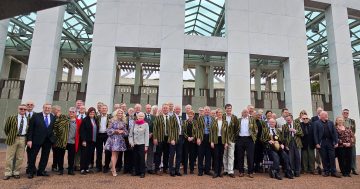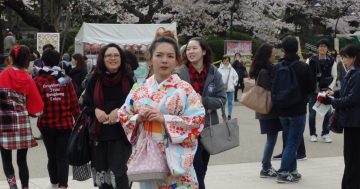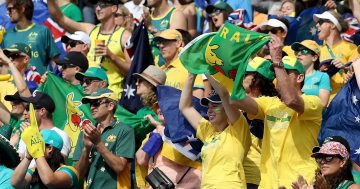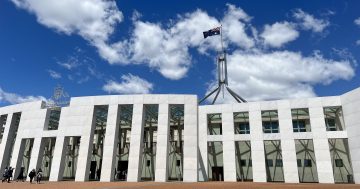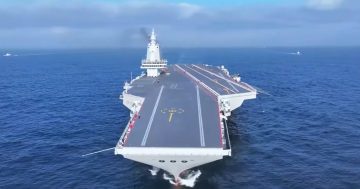Dhanya D* says sport has been used by nations to harness their soft power objectives since ancient times. She believes a country with a strategy of sports diplomacy will benefit in economic development and have a positive global impact.
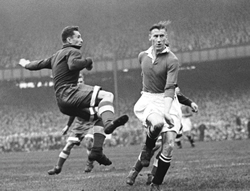 Sports diplomacy has been at play for centuries since the dawn of civilisation.
Sports diplomacy has been at play for centuries since the dawn of civilisation.
Historically, sport has been a spectacle that unites States and people of all castes, creeds, religions and nationalities.
Ancient Greece in 480BCE is said to have delayed war against the Persian army in the summer to conduct the Olympics.
The history of conducting sports tournaments can be traced even further back to the Indus Valley Civilization in 2500–1700BCE where hunting tools like bow and arrow, javelin, axe and daggers were used in the sports arenas.
In the great Indian mythologies, Ramayana and Mahabharata, there are mentions of chariot races and a form of swimming competitions between kingdoms.
Sport in ancient times was used to keep the body and health in shape. It slowly saw a behavioural shift when sport was used to show valour and courage and also as a tool to represent one’s community.
The rivalry within sports and games forms a sense of family among the supporters and competition among the opposition which is healthy for building relations and cultural exchanges among nations.
Sports diplomacy in modern times is an important soft power used in foreign policy, confidence-building measures, refugee integration and entrepreneurism.
The policy of sports diplomacy benefitting relations among countries has many examples. One was the Dynamo Moscow club’s football tour to the United Kingdom in 1945.
After World War II, the Russian football team was invited to tour Britain as a token of the camaraderie following the Allied victory.
The tour took place when tensions between the Soviet Union and the United States were rising due to the US refusing to pass on atomic information and the Soviet invasion of Eastern Europe.
English literary giant, George Orwell called the Dynamo Moscow tour “war minus the shooting”.
Dynamo played against four UK teams, winning the matches against Chelsea (pictured), Cardiff City and Arsenal and drawing 2-2 with Rangers.
The tour was seen by tens of thousands of spectators and demand to watch the games was so high that ticket prices increased ten-fold.
The aftermath of the Dynamo tour didn’t really facilitate the relationship between the two countries, but stands as a testament to two rival countries coming together to settle their differences through sport.
Another good example of rival countries showing their sportsmanship is the famous table tennis match between the US and China. popularly known as “ping-pong diplomacy”.
Sino-US relations revived when China invited the American table tennis team to visit in 1971.
The US saw this as an opportunity to gain leverage against the Soviet Union.
The tour was successful in establishing good relations, with US President, Richard Nixon withdrawing sanctions against China.
It also led to Nixon visiting China, ending two decades of animosity between the nations.
After Nixon’s visit, China’s table tennis team paid a visit to the US, attracting worldwide attention.
It has been 51 years since ping-pong diplomacy came into play, and to this day the name is associated with sports diplomacy.
In recent years, sports diplomacy has been used to promote legitimate means of developing infrastructure in countries about to host major sporting events.
The 2014 FIFA World Cup in Rio de Janeiro created more than 710,000 permanent jobs, and the 2016 Rio Olympics created housing developments, a metro line in the city and billions of dollars-worth of infrastructure projects.
The US has a dedicated Division of Sport Diplomacy that engages in exchange outreach programs and strategically uses sports diplomacy to frame its foreign policy.
Australia has also come up with a sports diplomacy strategy consisting of policies focusing on bilateral relations, building linkages with neighbours and strengthening communities in the Indo-Pacific.
Sport as a means of diplomacy works tremendously in favour of enhancing soft power in geopolitics.
A country with a strategy of sports diplomacy will benefit in economic development, have a positive impact on its citizens and will always be ahead compared to the rest of the world.
*Dhanya D is a research officer at the Chennai Centre for China Studies in India. Her areas of interest include refugee studies, geopolitics and peace and conflict studies.
This article first appeared on The Rise website.


